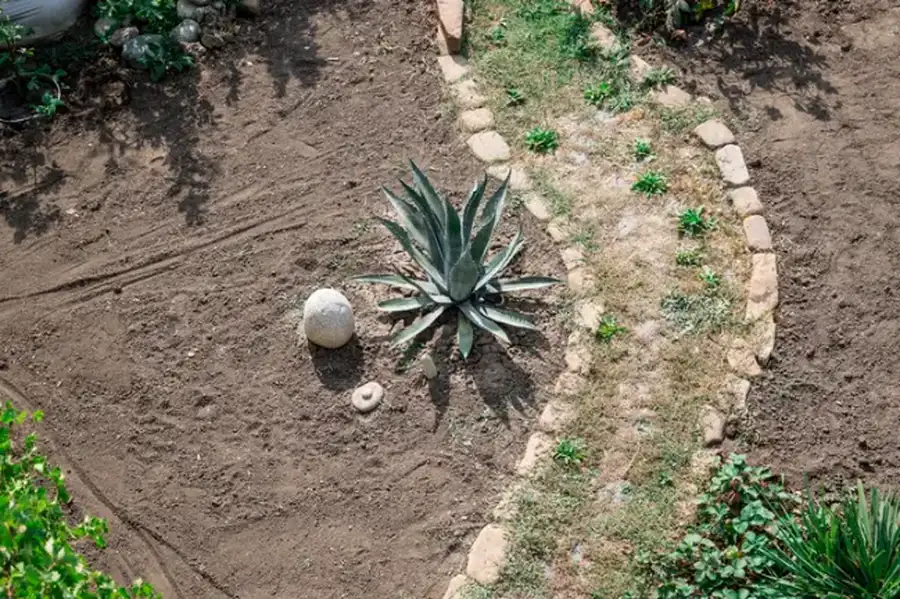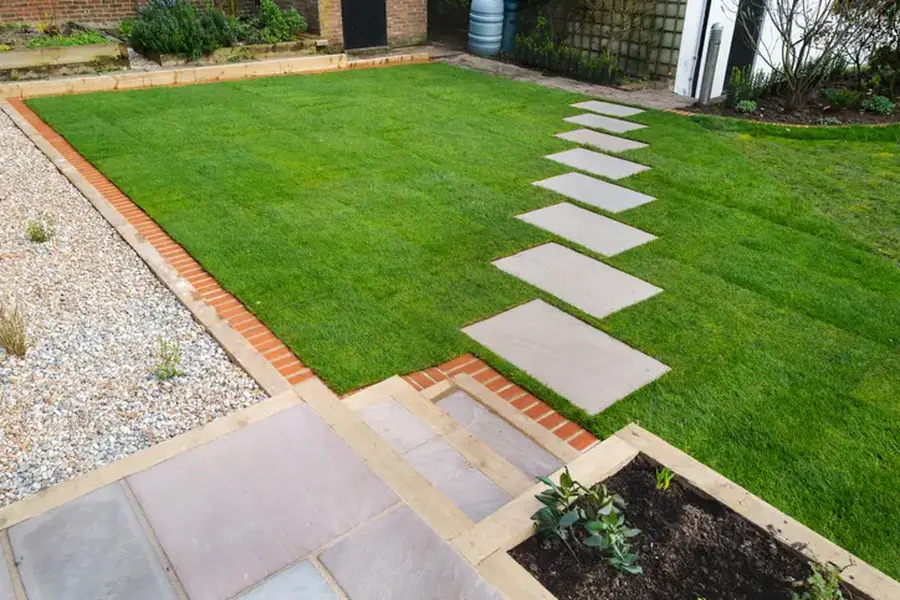How Soil Influences the Health and Growth of Your Garden
When planning a new garden or outdoor space, soil quality is often overlooked. Yet, it plays a crucial role in ensuring your plants thrive. The soil provides essential nutrients, supports plant roots, and affects water retention, all of which are vital for healthy growth. Good soil enhances plant resilience against pests and diseases. Understanding its importance can be the key to a successful gardening project.

The Importance of Proper Soil Structure
A well-structured soil allows roots to penetrate deeply and access nutrients efficiently. This permeability also ensures that water drains well, preventing root rot from excess moisture. In landscape installation, selecting the right soil type can mean the difference between a lush garden and one that struggles to survive. The soil’s texture-whether sandy, loamy, or clayey-affects aeration, water retention, and nutrient availability.
Nutrient Content: Feeding Your Plants Right
Plants require a balanced diet of nitrogen, phosphorus, potassium, and other trace elements found in soil. These nutrients fuel growth and help plants resist diseases. During the landscape installation process, it’s important to test the soil and amend it as necessary. Adding organic matter like compost can improve nutrient levels and soil structure simultaneously, creating an environment where plants flourish.

Soil Ph Levels: Achieving Balance
The pH level of your soil determines how easily plants can absorb nutrients. A pH that is too high or too low can hinder plant growth by locking up essential nutrients. Most plants prefer a slightly acidic to neutral soil pH, around 6.0 to 7.0. Testing your soil’s pH before starting your garden lets you make adjustments with lime or sulfur, if needed. This step in landscape installation ensures optimal conditions for plant development.
Benefits of Enhancing Soil Quality
- Improved water retention reduces the need for frequent watering.
- Enhanced nutrient uptake leads to stronger plant growth.
- Better aeration encourages robust root systems.
- Increased resistance to pests and diseases results in healthier plants.
Overcoming Common Soil Challenges
Poor drainage and compaction are typical issues gardeners face. Compacted soil restricts root growth and limits air circulation. To combat this, regularly aerate your soil using a garden fork or mechanical aerator. Adding organic mulch helps retain moisture while suppressing weeds. These practices ensure your garden soil remains loose and fertile, supporting vibrant plant life.
Steps to Improve Soil Quality
- Test your soil for nutrient content and pH levels.
- Add organic matter such as compost or aged manure.
- Ensure proper drainage through grading or raised beds.
- Regularly rotate crops to maintain soil health.
- Mulch around plants to conserve moisture and add nutrients.
Best Practices for Long-Term Soil Health
Maintaining good soil health requires ongoing attention. Rotate your planting areas yearly to prevent nutrient depletion. Incorporate cover crops during off-seasons to enrich the soil naturally. Avoid over-tilling, which can lead to erosion and degrade soil structure over time. By committing to these practices, you’ll create a sustainable garden environment that thrives year after year.
Your Pathway to a Beautiful Garden Awaits
If you’re ready to transform your outdoor space into a thriving garden, prioritize soil quality from the start. For expert assistance in Boonton, NJ, reach out to us at (973) 238-5744. Our team at Elvin Lawn Care specializes in delivering personalized solutions tailored to your landscaping needs. Let us help you achieve a lush, beautiful garden that lasts.